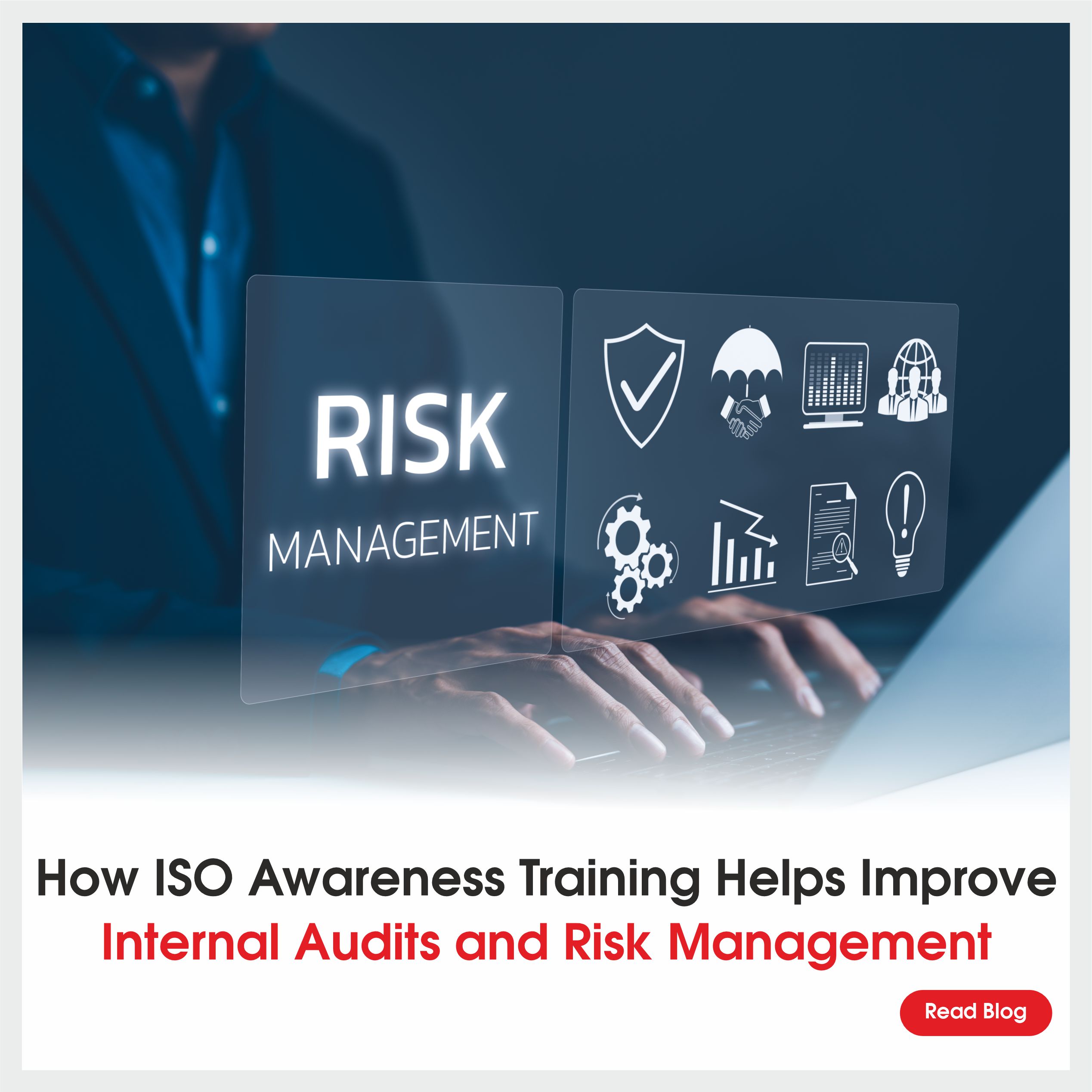GET ISO Certification for Textile Industry
CONTACT WITH US
How is ISO Certification helpful for the textile industry?
Textile industry is one of the most dynamic industries of all. The rapidly developing technology in the textile industry requires the businesses to stay on foot. Moreover, this industry employs a large number of workforces. Therefore, in order to stay relevant and updated, ISO certification becomes very important for textile industries. It helps in establishing management systems that ensure quality of products, safety of workforce, as well as environmental interaction of businesses to get ISO Certification for Textile Industry.
ISO certification helps the textile industries in multiple ways:
- It ensures the establishment of effective management systems that help in the smooth flow of processes.
- Effective communication at all levels of the organization.
- Risk-based decision-making for timely identification of the risks as well as their prevention.
- It lays emphasis on the role of the top management in the effective implementation of the management system.
- It creates awareness among the entire workforce about the objectives of the organization.
- It ensures customer satisfaction.
- It helps in continual improvement so that the organizations are able to meet the changing market requirements.
Benefits of ISO certification in textile industry
The Transport and Logistics industry is indeed the backbone of any economy. It is also one of the most infamous sectors when it comes to causing irreparable damage to the environment. Thus, with the help of ISO Certification, these industries can maintain the balance between development and environmental sustainability to standardize their system and processes according to internationally recognized and accepted norms.
- Consistency in quality
- Customer satisfaction
- Enhanced reputation of businesses
- Improved awareness among the workforce towards the organization’s objectives
- Cost savings due to reduced insurance premiums or liability costs
- Continual improvement
ISO Certification for PPE Kits /Surgical Mask
Medical industries make use of special kinds of textiles that are best suited for the medical staff as well as the patients. It is very important to ensure the quality and safety of such textiles. ISO standards act as a great help in ensuring exactly the same. Alongside the above standards, there are few more ISO standards that can be applied for the manufacturing, storage or retail units of PPE kits and surgical masks. These include-
ISO 13485 Standard
This standard can be applied in any medical device industry or along their supply chain. It ensures the quality and safety of medical products, in this case, PPE kits and surgical masks.
CE Marking
It is a regulatory requirement specified by the European Union for any product entering the European market.
Which standards or ISO certificates are required for the textile industry?
The International Organization for Standardization publishes certain standards that help in implementing management systems for delivering quality products and services as well as enabling compliance with the related legislations.
The common ISO certificates for the textile industry include-
ISO 9001 Standard
ISO 9001 helps in the implementation of Quality Management System in an organization so that the product meets the customer’s expectations in terms of quality. It brings about confidence among the stakeholder regarding the quality of the products as well as processes.
ISO 14001 Standard
ISO 14001 helps in establishing an environmental management system in an organization that ensures a better interaction of the businesses with the environment. It ensures that the organizations are compliant with all the environmental laws and regulations.
ISO 45001 Standard
Since textile industries employ a large number of workforces, their safety and wellbeing become a prime concern. With ISO 45001, the textile industry can implement an effective occupational health and safety management system that ensures a safe work environment, devoid of work-related injuries or sickness.
ISO 22301 Standard
ISO 22301 helps in the implementation of Business continuity management systems in an organization. It ensures that the businesses are resilient against any unforeseen situations arising from either natural calamity such as floods, cyclones, Covid-19 pandemic, etc. or man-made disasters such as cyber-attacks, act of terrorism, etc.
ISO Certification process for Textile Industry
- Application & contract
- Audit team Assignment
- Document view
- Certification Audit Independent review
- Notification of Certification
- Surveillance audit
- Re-Assessment
The certification process goes further. click here to view the next steps to the ISO certification Process
ISO certifications have huge significance across a varied range of industries. They not only help to improve the processes within the organization but also ensure a smooth flow of services throughout the supply chain. Know more about Sis Certifications: https://www.youtube.com/c/SISCert
FAQs
Medical device industries require to ensure the quality and safety of their products to the customers. The common ISO standards that are applicable to this industry that produces PPE kits and surgical masks, besides other devices include ISO 13485, ISO 9001, ISO 14001, ISO 45001, ISO 22301, CE marking, and so on.
There is always a positive effect of ISO regulation on the construction industries. This is so because, The ISO certification for construction industries makes the production, development, and supply of products and services more effective and efficient and also helps in reducing the adverse impact of your activities on the environment. It gives confidence to the customers that the products that they are using are of premium quality.
Achieving ISO Certification is no big deal in today’s upgraded systems. The basic steps to become ISO Certificate for Textile industry are as follows:
- Firstly, you need to prepare all the relevant information about your company in a systematized way (It is always best and safe to hire a legal consultant.)
- Secondly, you need to document all the relevant information about your business.
- Thirdly, you have to implement all the documented information in your organization.
- Fourthly, get ready for the internal audits which are performed first during the certification process and then periodically after.
- Lastly, if the certifying body approves your management system then you will be awarded the required ISO standard.
An ISO Certificate is valid for 3 years. And during this time period of 3 years, a surveillance audit is conducted on an annual basis to ensure that ISO quality standards are being maintained by the organization.
- Firstly, select the type of ISO certification you want for your construction industries.
- Secondly, selecting a recognized and credible ISO certification body (ISO Registrar)
- Thirdly, make an application in the prescribed form which should include liability issues, confidentiality, and access rights.
- Fourthly, the ISO certification body will review all the documents related to various policies and procedures being followed in the organization. If there are any existing gaps, the applicant has to prepare an action plan to eliminate these gaps.
- Then, the ISO registrar will conduct a physical onsite inspection to audit the changes made in the organization.
- As soon as the certifying body approves your management system, you will be awarded the required ISO standard.
Basically, when you approach a certifying body for ISO Certification and they approve your management systems and all your processes, they will then quote an amount for the certificate. Moreover, the cost for achieving ISO certification for textile industry depends mostly on your organization, such as the no. of employees in your organization, No. of branches your organization has, and many more.
Looking for ISO Certification or Training Services?
Join one of the India’s leading ISO certification bodies for a straightforward and cost-effective route to ISO Certifications.
LATEST NEWS & BLOGS

Common Mistakes to Avoid During ISO Lead Auditor Training
ISO Lead Auditor Training is a crucial step for professionals looking to enhance their auditing skills in ISO 9001:2015 (Quality

What Are the Key Benefits of IMS Lead Auditor Training?
In the current business environment, companies aim to uphold elevated standards in quality, environmental stewardship, and safety in the workplace.

How ISO Awareness Training Helps Improve Internal Audits and Risk Management?
SIS Certifications Pvt Ltd is delighted to announce our upcoming ISO Awareness Training event. Designed for professionals aiming to strengthen
